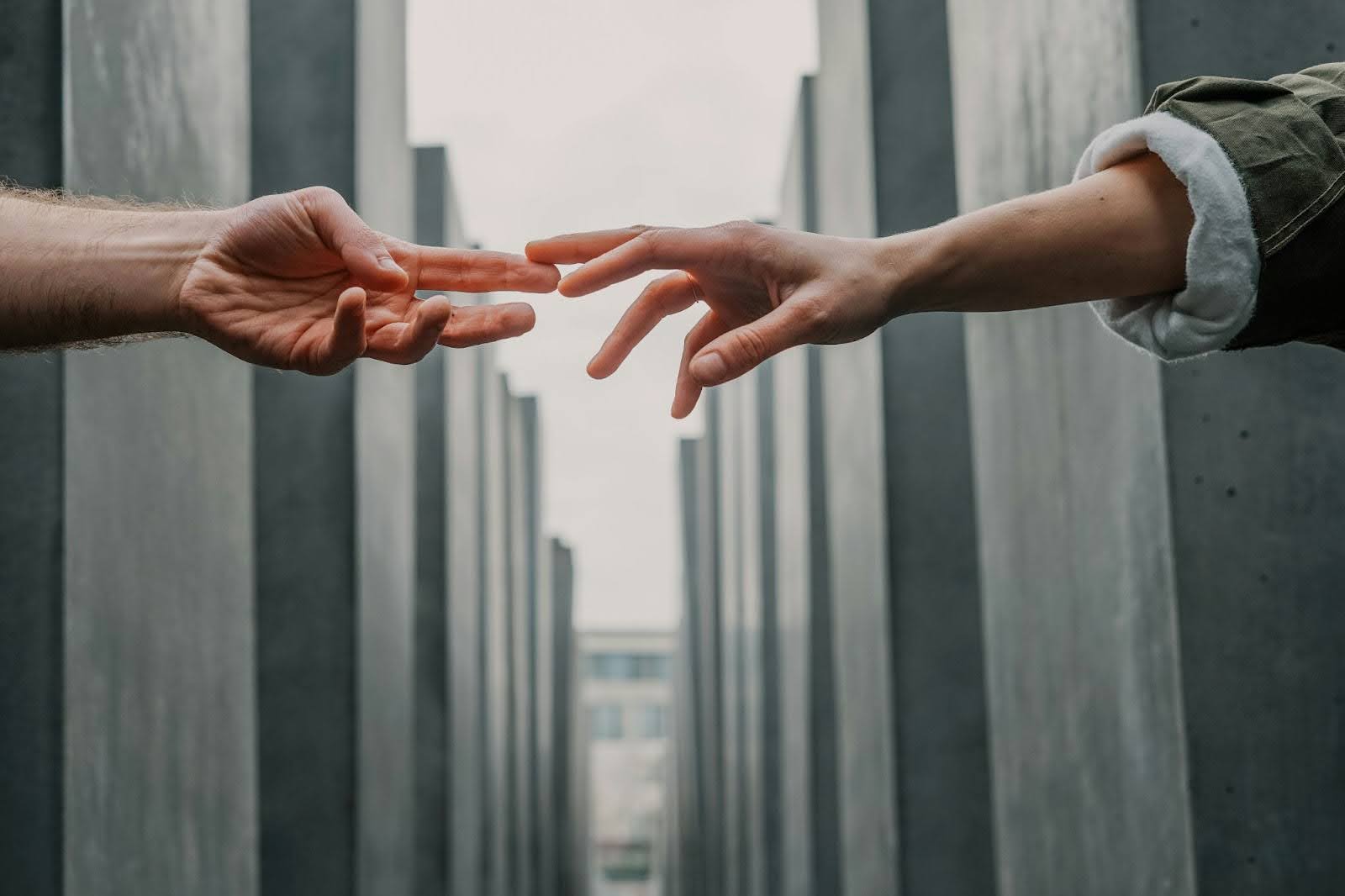One of the most challenging consequences of surviving the suicide of a loved one is the overwhelming sense of isolation. Many survivors feel as though no one can truly understand their unique pain. They long to express their emotions, to find someone who will listen, allow them to vent, and help them process their grief—but they often don’t know where to turn. They yearn for a safe space where they can be vulnerable and honest about their darkest thoughts.
Time and time again, participants in our Survivors of Suicide (SOS) Groups have shared these feelings of isolation. They describe feeling as if they don’t belong anywhere, as if they bear an invisible mark that sets them apart from the rest of society.
However, when they meet other survivors in our support groups, they quickly discover a community of “unfortunate friends”—people brought together by unthinkable tragedy, who have walked the same path, and who face grief with unflinching compassion, no matter how deep or overwhelming it may be.
One former group member described their journey from feeling alone and desolate to finding solace and comfort among peers:
Karen’s Suicide Survivor Story
I attended the 8-week Survivors of Suicide support group in August and September of 2007. My husband had taken his life the previous April of that year. The SOS group was the first place I could say I wanted to die, too, without people being terrified that I would actually consider suicide. I still recall that first evening I attended the group. I thought to myself, “Oh! I must be in the wrong room. These people look just like normal folk. They couldn’t possibly have lived through the suicide of someone they loved.” I had come to believe that certainly I was marked in some way and that everyone knew about my husband or could tell I was crazy.
However, I was immediately welcomed, and as everyone began to share their stories, I realized that we all shared that same mix of horror, shame, grief, bewilderment, denial, hopelessness, anger, exhaustion, sleeplessness, outrage, extreme sadness, and feelings of going crazy. It was such a relief and a comfort to hear from others those same feelings that I sometimes couldn’t put into words. I could sense the understanding in their eyes. My group saved me.
My group formed a tight bond and continued to get together for many months after the program ended. In fact, I still run into a couple of those “unfortunate friends,” as we call each other, from time to time. I know I can say anything to these people, and they won’t roll their eyes and ask me when I will stop mentioning my husband or tell me not to wallow in my grief.
I will forever be grateful for the Suicide and Crisis Center for the friendships and the hope the SOS group gave me that I could go on with my life and be happy and productive again.
You Belong
If you are struggling to find a way forward after the suicide of a loved one, join one of our SOS groups. No matter what you are feeling, we promise that there will be open-hearted, understanding, empathetic peers with whom you can find community.
The SOS program has provided countless survivors a space to share their suicide stories, offering healing and hope to those who believed they were alone in their pain.
Visit our SOS page for more information, or call us today at (214) 828-1000 to find a group where you can find belonging, friendship, and a path toward hope. Our crisis hotline connects you to support, and our Survivors of Suicide Groups provide a safe place to share your journey. As a Texas crisis center, we’re here to help you find belonging, friendship, and a path toward hope.
